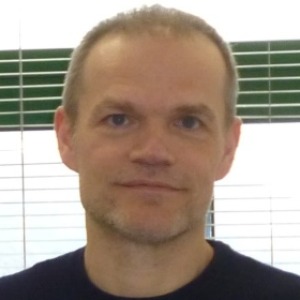Abstract:
Chromatin bridges are strings of chromatin connecting the anaphase poles or daughter nuclei and have been linked to tumourigenesis. In response to chromatin bridges in cytokinesis, eukaryotic cells delay abscission, the severing of the narrow cytoplasmic canal that connects the two daughter cells, to prevent chromatin breakage or tetraploidization by regression of the cleavage furrow, which are associated with genomic instability and cancer predisposition. In mammalian cells, this abscission delay is called the “abscission checkpoint” and is dependent on optimal localization and catalytic activity of the Chromosomal Passenger Complex (CPC)-catalytic subunit Aurora B kinase at the midbody. There, Aurora B phosphorylates ESCRT-III components to prevent formation of ESCRT-III filaments at the abscission site, to delay the final cut. However, how chromatin bridges are detected by the abscission checkpoint and the molecular mechanisms by which the abscission-delay signal is transduced to the CPC have not been previously identified. Here, we present previously undescribed mechanisms that sense chromatin bridges in human cells. We also show that the molecular origin of chromatin bridges is important for the activation of the abscission checkpoint and describe a novel signaling pathway that transfers the abscission-delay signal to the CPC at the midbody to prevent chromatin bridge breakage. These results identify mechanisms that preserve genome integrity in human cells, by activating the abscission checkpoint to prevent chromatin breakage in cytokinesis.
Audeince Take Away Notes:
Audience will be able to expand their research and/or teaching in the following new-emerging research areas:
- Chromatin bridges
- Abscission checkpoint signaling
- Mechanisms that maintain genome integrity in cytokinesis




